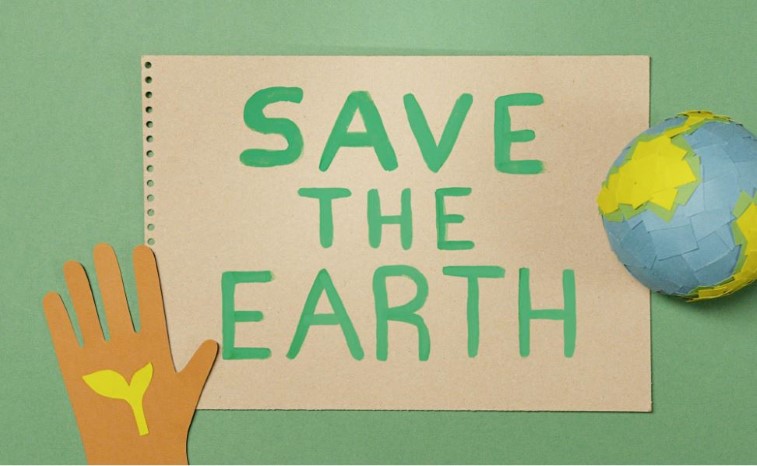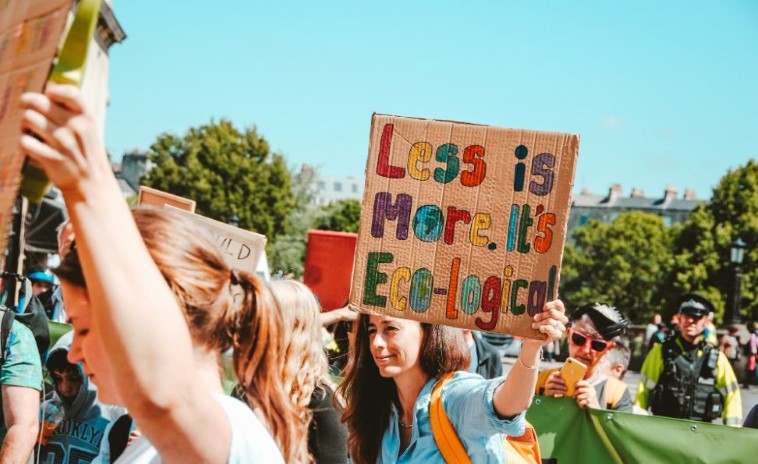Earth Overshoot Day

Humanity has spent the Annual Budget of the planet Earth on August 1, 2024. It is the date when humanity entered the red zone. Until the end of the year, we will live in a deficit of resources.
According to the Global Footprint Network (GNF), Earth Breakthrough Day is observed when humanity’s demand for natural resources exceeds the Earth’s capacity and ability to regenerate them during a given year.
It is estimated that in seven months we consume more renewable resources than the planet can provide and create more C02 than it can absorb in a whole year.
Earth Breakthrough Day is determined each year by comparing the ecological footprint with the planet’s biocapacity.

The Ecological Footprint is the most comprehensive metric available for accounting for biological resources. Currently, the carbon footprint, i.e. carbon emissions from the burning of fossil fuels, make up 61% of humanity’s ecological footprint.
In the mid-1970s, the limit of endurance was crossed. In 1936, humanity used 0.6 of the Earth, in 1968, 0.9, by 1988, the demand had risen to 1.3, and in 2008, it jumped to 1.6 Earth.
Earth Budget Breakthrough Day has been stable for a decade, occurring after 7 months of the year. For the rest of the year, humanity lives on excessive consumption, further depleting the biosphere, the pressure on the planet continues to grow.
This makes the situation even more risky, the damage from overdrafts accumulates over time.
Earth Budget Day is an annual marker of when we begin living beyond our means in a given year. It is not an exact date, but rather an estimate. It is impossible to define the day when we broke our ecological budget with absolute accuracy.
The fact that we are consuming natural capital faster than we are covering it is akin to costs constantly exceeding revenues. The costs of environmental overreach are becoming clearer by the day.
Climate change as a result of the greenhouse effect that is created faster than forests and oceans can absorb it, deforestation, disappearance of animal and plant species, collapse of fisheries, food shortages, higher commodity prices and civil unrest are just a few indicators.
Ending the overrun is essential and given our human potential, it is possible. Solutions and opportunities exist in five key areas: food, energy, cities, planet and population. Overshooting will end in design or disaster.

The preferred option is through deliberate attempts to better ourselves. Through effort, innovation, and focus, humanity needs to succeed in ending overshoot on the intended agenda.
The Global Footprint Network is an international sustainability organization with 30 years of experience fighting environmental bankruptcy with resource accounting to help the world live within Earth’s means and respond to climate change.
Since 2003, they have collaborated with more than 50 countries, 30 cities and 70 global partners to provide scientific insights that have led to policy decisions and high-impact investments.
Together we are creating a future where we can all thrive within the confines of our one planet.
How about a tribute to the ones you love? Did you know that here at OSR you can name stars?

